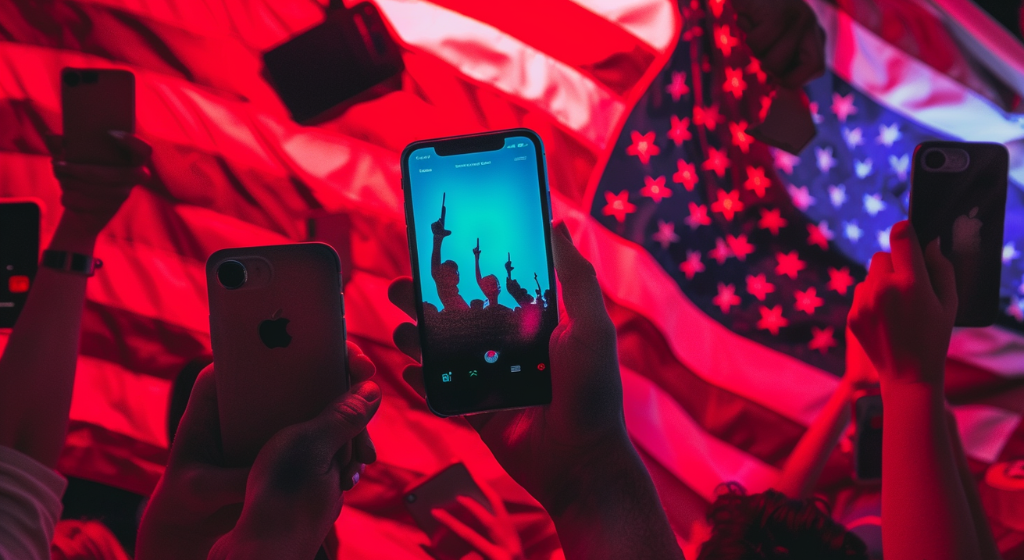
The campaign to compel ByteDance to sell TikTok to a U.S. entity began with a Trump-era executive order, leading to an unsuccessful push for a sale to Oracle despite a rejected offer from Microsoft and Trump’s intent to favor ally Larry Ellison. (Source: Image by RR)
TikTok’s Future Hangs in Balance as Both U.S., China Assert Control Measures
The U.S. government has taken significant steps towards restricting TikTok’s operations within its borders, with President Joe Biden signing legislation that includes a mandate for TikTok’s parent company, ByteDance, to divest its U.S. operations within nine months or face a ban from U.S. app stores. This move, as reported in techchrunch.com, embedded in broader legislation that also includes military aid for Israel and Ukraine, follows strong bipartisan support in Congress and is part of ongoing concerns about national security risks posed by the app’s Chinese ownership.
The legislative journey began with the House Energy and Commerce Committee proposing a bill to sever ByteDance’s ties to TikTok, citing national security concerns tied to its Chinese roots. The bill, which mandates that foreign adversary-controlled applications like TikTok be either sold to non-adversary owners or face operational bans in the U.S., progressed rapidly through Congress. Despite TikTok’s attempts to mobilize its user base against the bill, it passed unanimously in committee and was swiftly moved through the House and Senate, demonstrating the urgency and consensus in Congress regarding the perceived threats.
TikTok has responded robustly to these legislative actions, cautioning that the legislation infringes on Americans’ constitutional rights to free expression. The platform has a massive user base in the U.S., particularly among young adults, who are likely to be vocal in their opposition to any actions that would disrupt their access to the app. TikTok’s significant cultural influence and its role as a major platform for content creation and dissemination make it a formidable opponent in the legal and public opinion arenas.
Looking ahead, TikTok’s future in the U.S. remains uncertain despite the new law. The requirement for ByteDance to divest could face challenges not just domestically but also from the Chinese government, which has previously indicated opposition to forced sales under updated export rules. Moreover, TikTok’s ability to engage with and mobilize its vast and active user base presents another layer of complexity, potentially impacting public opinion and electoral politics. As the situation evolves, TikTok’s strategies and the responses from its users could significantly influence the ultimate outcome of this legislative effort.
read more at techcrunch.com







Leave A Comment